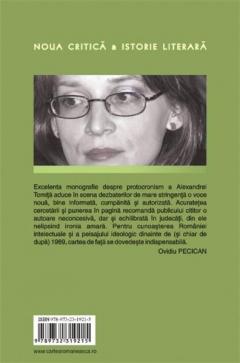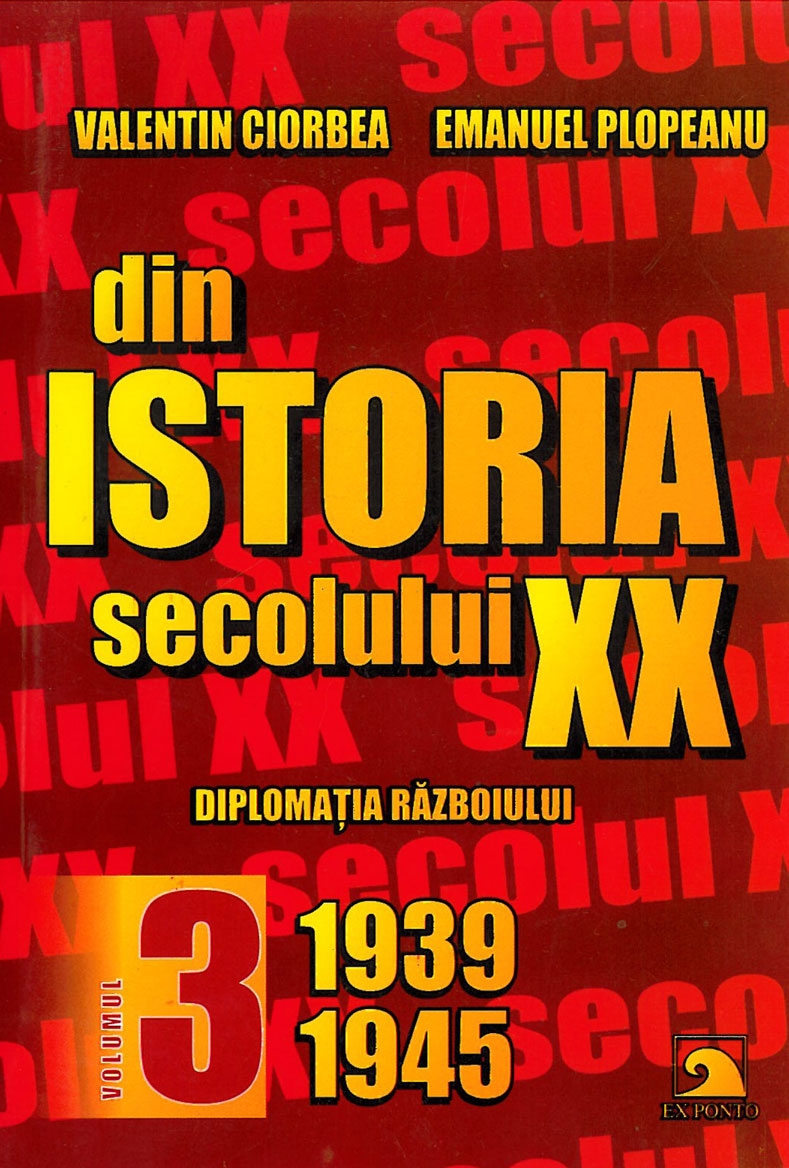

An open-ended reflection on a constantly unfolding reality, the approach focuses on. The present study represents a preliminary theoretical attempt to analyse the socio-political influence and impact of the Romanian Orthodoxy within the Romanian public life and political culture since 1990, both through the relation between the Orthodox Church and the state, and its impact on the wider society. This paper's conclusion is that in the Romanian media and the political discourses a form of unjustified Islamophobia is cultivated for ideological purposes. The central argument of the author is that we are witnessing a generalized anti-Islam propaganda, where a specific religion and its followers are demonized by politicians, cultural figures and opinion leaders. By elaborating a list of Islamophobic stereotypes used in the Romanian mainstream media and by discussing the negative narratives propagated in the public sphere, a case is made against the artificial growth of intolerant attitudes. By applying a textual and ideological analysis of a selection of media discourses that refer to the terrorist attacks and the implicit threat of Islam, the author describes the dominant rhetorics of conflict between the West and the Muslim world. Romania the opinion leaders, the political elites and the media are building an anti-Islam propaganda.


Using a selection of media narratives from the public debates that took shape immediately after the Brussels attacks on March 22, 2016, this study uses a critical discourse analysis approach as an interpretative tool to understanding how in. This paper represents a case study interpretation of the political and media discourses in Romania referring to Islam and the threat of Muslim refugees.


 0 kommentar(er)
0 kommentar(er)
